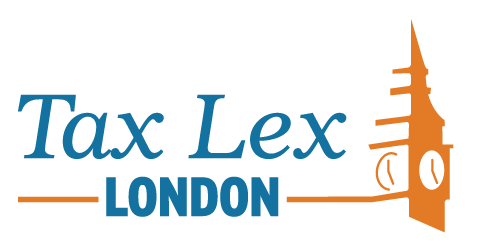Budget changes and what they mean for you
The Chancellor, Jeremy Hunt, delivered his Budget statement to Parliament on March 6, and there were various changes that should benefit individual taxpayers and businesses.
One of the biggest announcements, which takes effect from April 6, is a further reduction in the rate of National Insurance Contributions (NICs). From this date, Class 1 employee NICs will fall from 10% to 8%, while NICs for the self-employed will be cut by an additional 2p on top of the 1p announced in the Autumn Statement. This means that from April 6, 2024, the rate of Class 4 NICs will fall from 9% to 6%.
Companies will need to begin updating their payroll software soon if they haven’t already done so, to accommodate these changes.
High Income Child Benefit Charge threshold raised
The Chancellor also raised the threshold at which Child Benefit is removed for higher earners. The High Income Child Benefit Charge will rise to £60,000 from April 6, and will taper up to £80,000. So, for every £200 of income that exceeds this £60,000 limit, the charge will be 1% of Child Benefit, and when your income exceeds £80,000, the charge will equal the Child Benefit payment.
Any new Child Benefit claims made after April 6 this year and before July 8 this year will have the payments backdated, but they will be subject to the charge in the 2024/25 tax year if your income is above £60,000. A claim made in May, for example, would be backdated to February, but you would only pay the charge on this if your income is above the new £60,000 threshold.
Any business owner with employees interested in claiming Child Benefit, or who want to restart Child Benefit payments if they have opted out in the past, can share this new guidance on the charge with them.
Child Benefit claims will automatically be backdated for three months, or to the date of birth of the child if later. Anyone wanting to make a claim for Child Benefit who isn’t currently receiving it can make the claim in the HMRC app or online.
If you want more information about either the NICs changes and/or the High Income Child Benefit Charge, you can find this on Gov.uk.
New £5,000 extra ISA allowance to boost UK businesses
The Individual Savings Account (ISA) allowance was kept at £20,000 once again in the Budget – it hasn’t changed since the 2017/18 tax year – but the Chancellor did add to the ISA stable for those who are interested in investing solely in UK companies. The UK ISA – which is also being called the ‘British ISA’ or ‘Great British ISA’ allows investors to put an extra £5,000 into an ISA that supports UK businesses.
The aim is to help boost the London Stock Exchange, according to some commentators, but whether this will be effective remains to be seen.
Jason Hollands, Managing Director of Bestinvest, the online investment service owned by wealth manager Evelyn Partners, said: “The ‘British ISA’ is undoubtedly a victory for the City stockbrokers and bankers who have lobbied hard for it amid a drought in IPO and deal fees and a worrying sapping of companies listed in London to New York.
“However, I am doubtful it will drive anything like the increased flows into UK equities being talked about. Proponents claim it might drive £200 billion extra cash into UK equities over five years, but it is hard to reconcile such a figure with the fact that the existing, larger ISA £20,000 allowance attracted a lesser amount into Stocks & Shares over the last five years according to data disclosed by HMRC.”
Mr Hollands added that a relatively modest number of people currently fully use their existing £20,000 allowance and a logical step for those who will be in a position to do so and also make use of the ‘British ISA’ “will be to commit less to UK equities in their main allowance to compensate”.
What else was announced in the Budget?
Other announcements made by the Chancellor included an increase in the VAT threshold for companies from the current £85,000 to £90,000 from April. This is the point at which a company needs to formally register for VAT.
The Chancellor also removed the ‘non-dom’ status which allows people living in the UK but who consider their permanent home to be overseas, to benefit from tax exemptions, especially on foreign investments. Foreign workers and students have benefited from these, but it has been particularly useful for the wealthiest individuals who have been able to use this status to not pay tax on their worldwide income, said Rachael Griffin, tax and financial planning expert at Quilter.
She added: “People who use the remittance basis of tax, i.e. only pay UK tax on the income or gains that are brought to the UK, typically are well advised and therefore with the help of their adviser will be able to find creative ways to mitigate their UK tax liabilities regardless of the change in rules.”
The expected boost to tax revenue from this change is around £3.8 billion. But there is a chance that the rule change could discourage some wealthy people from living in or investing in the UK, even though other reasons for living here, such as political stability and the UK legal system, may encourage some of those affected to remain, said Ms Griffin.
Contact us
If you want to know how any of these or other measures announced in the Budget might affect you, then please get in touch with us and we would be delighted to help you understand your tax position.
